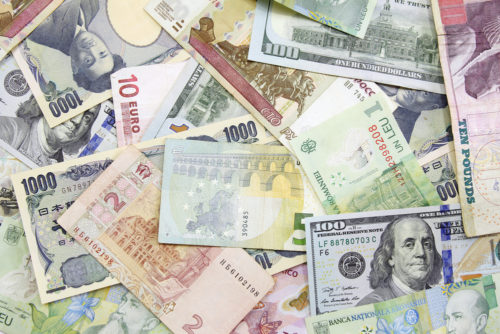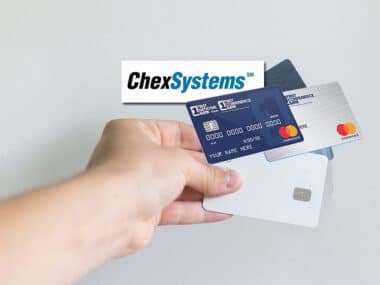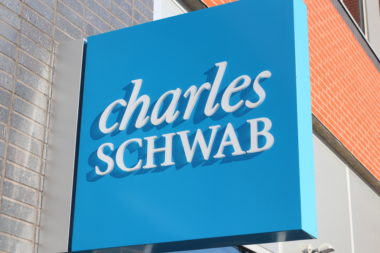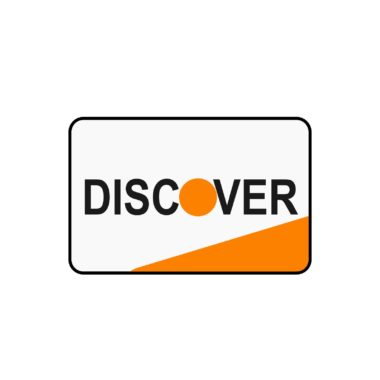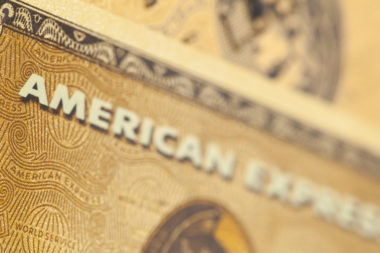If you’re in the middle of planning an international trip, you may already be amazed at how quickly your travel expenses add up. Your lodging, transportation, and tourist attraction costs can be astronomical when you’re traveling abroad. Another travel expense you’ll face is exchanging your money. There are several methods and options for exchanging money and just like the other elements of your trip, doing your research is key.
Finding good currency exchange rates and paying minimal transaction fees is important if you want to keep your foreign trip affordable. Don’t blow your travel budget before you even get to your destination by making a poor decision on where to exchange your money. Learn more about the pros and cons of available money exchanging options so you have more spending money for the fun stuff on your vacation.
Table of Contents
Places and Methods to Exchange Money
When it comes to exchanging money, you have several different methods to choose from. It’s important to compare these options so you can ensure you get the best deal and use a reliable and trusted source for your currency exchange.
ATMs at Your Destination
While an ATM can be an expensive option for exchanging money, it can sometimes be the most convenient, fast, and reliable choice. You’ll have to pay an out-of-network ATM fee if you exchange money at your destination. The fee amount can vary, depending on your location and the bank you use. If you use an ATM at a bank that doesn’t partner with your bank, you may have to pay non-bank ATM usage fees, ATM operator access fees, and international transaction fees.
If you plan to use an ATM to exchange your money, do your homework before you go. Locate the ATM you want to use before arriving and learn more about the fees you’ll pay so you’re prepared. Let your current bank or credit union know you’re traveling abroad so your cash withdrawals aren’t flagged as fraudulent.
Bank and Credit Unions
Your bank should be the first option you explore for currency exchange, whether you’re exchanging dollars for foreign funds before your trip or exchanging back to dollars when you come home. Banks generally offer the lowest exchange fees and the most competitive rates over other sources. When you use your own bank, the foreign transaction fees should be low, if any are charged at all. Exchanges through your own bank are usually quick since you already have bank accounts open with the institution.
Airport Kiosks
While convenient, an airport kiosk is not the best place to exchange currency. These kiosks generally offer poor exchange rates and usually charge excessive transaction fees. These fees can vary depending on the vendor, location, and how much money you’re exchanging. However, your currency exchange transaction fees at an airport kiosk might be close to $10 per transaction and can include foreign currency fees up to 14%. When you add all these fees up, you might pay 20% to 30% more than you would to exchange your currency at a bank.
Buying Currency Online
You can exchange dollars for euros or other foreign currency online. There are many reputable vendors that make this process simple, but it’s also important to be aware of potentially fraudulent websites. The fees associated with these online currency exchanges are usually high, since you’re paying for the convenience of the transaction. You may also be charged home delivery fees if you plan to have your currency shipped.
Keeping in mind that these fees are usually high, if you find a deal that looks too good to be true, it should be your first sign that it may be a scam. Do your research on the company before providing any personal information.
Tips on Exchanging Currency and Decreasing Fees
To find the best value when exchanging your currency, it’s important to consider several factors of the transaction and different methods that may work best for you.
Compare Rates
Don’t exchange your currency at the first kiosk or bank you see. Take the time to review the rates at several different locations or vendors to ensure you’re getting the best deal. You can use one of the money exchange calculators provided in the “Resources” section below to better understand how your transaction works and where your money is going. In addition to your exchange rate, consider additional transaction fees you’ll be responsible for when choosing where to exchange your currency.
Use Credit Cards
While using a credit card overseas isn’t technically considered a form of exchanging currency, it may be the most convenient way for you to engage in regular transactions throughout your trip. If your destination is credit card friendly, you may be able to rely on your credit cards as your main method of payment for items and services. Keep in mind, you may need some cash for certain vendors while you’re abroad, so it may be a good idea to exchange a bit of money you can have on hand as cash just in case.
Use U.S. Dollars Whenever Possible
If you’re traveling to an international hotspot, some of the businesses at your destination may accept dollars, allowing you to skip currency exchange completely. Since foreign currency exchanges can incur fees and may cause you to lose out on money, using dollars whenever possible may be the best strategy for spending money abroad.
It’s important to note that some of the businesses that accept dollars may charge higher prices for using this form of currency. Some of the prices for using dollars when compared to the native currency can be disproportionately higher. If you’ve observed this on a few occasions at your destination, do the math. You may save more money by converting your currency instead of paying more for goods or services during your trip.
Resources to Get the Best Exchange Rates
Finding the best currency exchange rates requires effort and research to use trustworthy sources. The following sources provide authoritative data and accurate information on the best exchange rates.
Treasury Reporting Rates of Exchange
The Treasury Reporting Rates of Exchange provides accurate and current exchange rates, as they relate to the U.S. dollar. This authoritative source offers an extensive list of current rates so you can research your destination and learn about the value of the dollar before you visit. When reviewing rates, it’s important to use only updated data since these rates are constantly changing within the market.
IRS – Foreign Currency and Currency Exchange Rates
The Internal Revenue Service (IRS) provides a page dedicated to Foreign Currency and Currency Exchange Rates. On this page, you can review information related to currency rates and explore additional reliable resources to help answer your questions about currency exchange rates and foreign currencies.
Money Exchange Calculator
You can use a currency calculator first to better understand what the going rate is for the currency you’re exchanging. When you know the exchange rate, it can be easier to determine where you can get the best deal on your exchange. By inputting the amount of money you’re planning to exchange, you can see exactly how much you’ll get back in foreign currency. This can be helpful so you can determine if you’re already losing money before adding in transaction or foreign exchange fees.
A trip abroad can be an expensive undertaking, so finding the best value in your currency exchange is important for your travel budget. By using these important resources and doing your research on the fees charged during currency exchanges and transactions, you can ensure you get the best deal and have plenty of currency to enjoy your international vacation.
Image Source: https://depositphotos.com/
